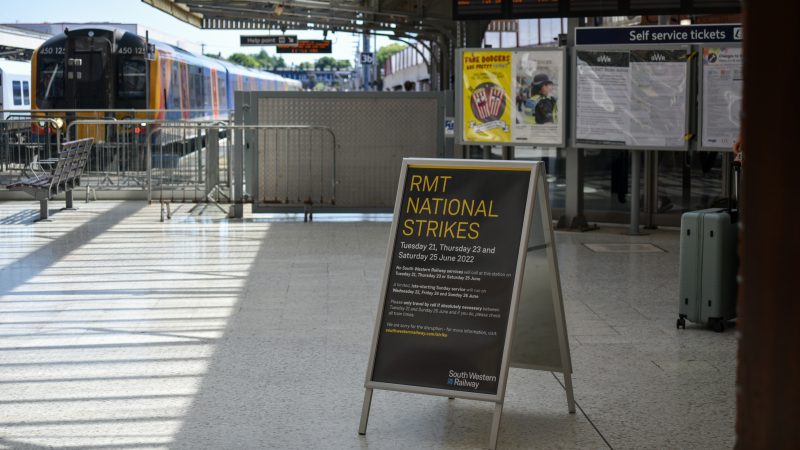
UK inflation fell to 10.7% in November – down from 11.1% in the previous month, the sharpest rate of decline in 16 months. But prices continue to rise, just at a slower rate, with the increasing cost of going out to restaurants, cafes and pubs making the largest upward contribution to the inflation rate. Commenting on the figures, senior economist at the Resolution Foundation Jack Leslie noted that Britain “may now be past its inflation peak” but added: “With price rises still massively outstripping pay rises – and Britain’s poorest families facing an inflation rate of over 12% – families are still getting poorer month-on-month, and the cost-of-living crisis will continue to deepen in 2023.” Because lower income households spend more of their budgets on energy bills and food, their effective inflation rate is higher than average. The Resolution Foundation has calculated that the effective inflation rate for the poorest tenth of households is around 12.1%, compared to 9.4% for the richest tenth.
Rachel Reeves argued that the inflation figures show how “weak our economy continues to be”. The Shadow Chancellor said: “The question people across Britain will be asking themselves this morning is: do I and my family feel better off under the Tories? The answer will be no.” TUC general secretary Frances O’Grady declared that the government “should be doing everything possible to get pay rising”, adding: “Instead, ministers are holding down pay across the public sector and refusing to negotiate with workers and their unions. This government is making a bad situation much worse.” Unite general secretary Sharon Graham stressed that the cost of living is “still close to a 40-year high” and argued that the inflation figures “again confirm that workers face a bleak midwinter”.
The latest figures provide the backdrop to ongoing industrial action across numerous sectors. Today sees a second consecutive day of action by the RMT, the first in a series of 48-hour strikes scheduled in December and January. They will be joined by postal workers after the CWU confirmed yesterday that four further days of industrial action will go ahead following the Royal Mail’s rejection of the union’s “peace offer”. On Thursday, members of the Royal College of Nursing (RCN) will walk out on the first of two scheduled days of action – the first strikes in the union’s 106-year history.
Though various factors are behind the strikes, pay is a key driver that cuts across the disputes. CWU general secretary Dave Ward has warned that postal workers are facing an “outright assault on their livelihoods”. The union has called for a back-dated pay deal of 9% over 18 months. RCN general secretary Pat Cullen has highlighted how UK nurses’ pay compares poorly to the rest of Europe, which she described as “despicable”. The union leader stressed: “Nurses aren’t greedy people. They are not asking for an incredible pay rise. They are asking just to be able to make ends meet.” The slight fall in inflation may be a welcome early indicator that spiralling prices are beginning to slow. But cost pressures, particularly on the poorest households, will continue to worsen into the new year. And unless the government and employers rapidly change their approach to negotiations with the unions, industrial unrest will also be feature of the coming months.
Sign up to LabourList’s morning email for everything Labour, every weekday morning.



More from LabourList
‘Why solidarity with Ukraine still matters’
‘Ukraine is Europe’s frontier – and Labour must stay resolute in its defence’
Vast majority of Labour members back defence spending boost and NATO membership – poll